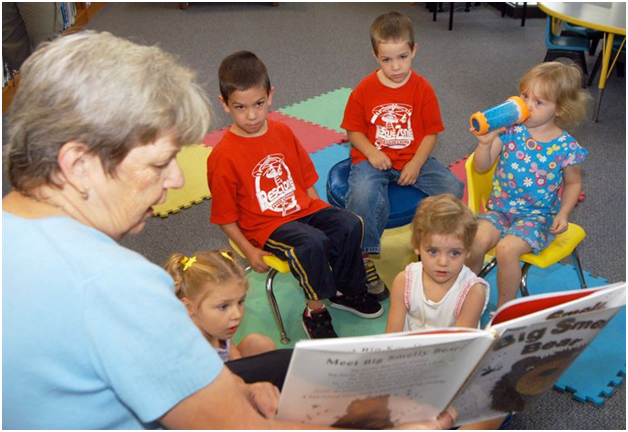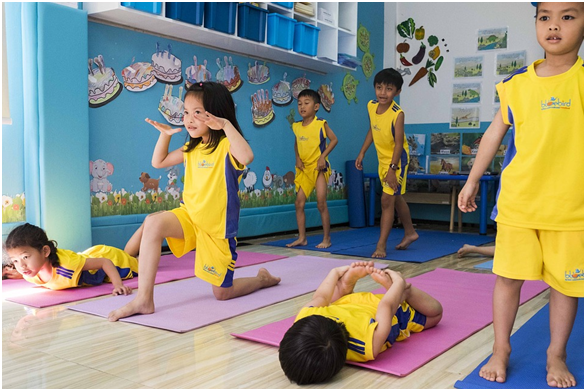Teaching very young children is both a pleasure and privilege. It is also a very great responsibility. Young children lap up information and are very open to new ideas.

Even the former President of the USA, Barak Obama drew attention to the importance of early years education in one of his State of the Union addresses. Several research studies have confirmed that education in early childhood can have a positive impact on well-being outcomes later in life.
According to the National Education Union, very young children learn best through play-type activities. A combination of physical, social and constructional play allows children to become more aware of their mental and physical capabilities and to learn how to make the most of them.
Here are some of the main benefits of early years education.
Social skills
Gloucestershire private schools such as https://hopelands.org.uk/ provide an ideal environment within which to learn social skills from a very young age. When parents make arrangements for their children to meet other children, they are giving them a head start as they transition into forming their own friendship groups.

The earlier this starts, the better. Children who mix a lot with other children at a young age can overcome their shyness and build their confidence and self-esteem. If they do not meet up with other children, it can hinder their social development and cause problems in later life.
Learning to cooperate with others
Learning how to share, how to take turns and how to respect others are basics for promoting positive interaction amongst young children. This is best done in a safe learning environment where there are child care professionals present.
The eldest child of the family and only children may have less experience of sharing than children with older siblings. It is not an easy lesson for children to learn and it does not come naturally to many!
Enthusiasm for learning
A lifelong enthusiasm for learning can be encouraged by a positive start in the early years. If the pre-school stage is packed with enjoyable educational experiences, the child is more likely to engage with education enthusiastically as they get older.
Conversely, if the child learns to associate education with pressure, boredom or fear, they are unlikely to want to take part in it in the future.
